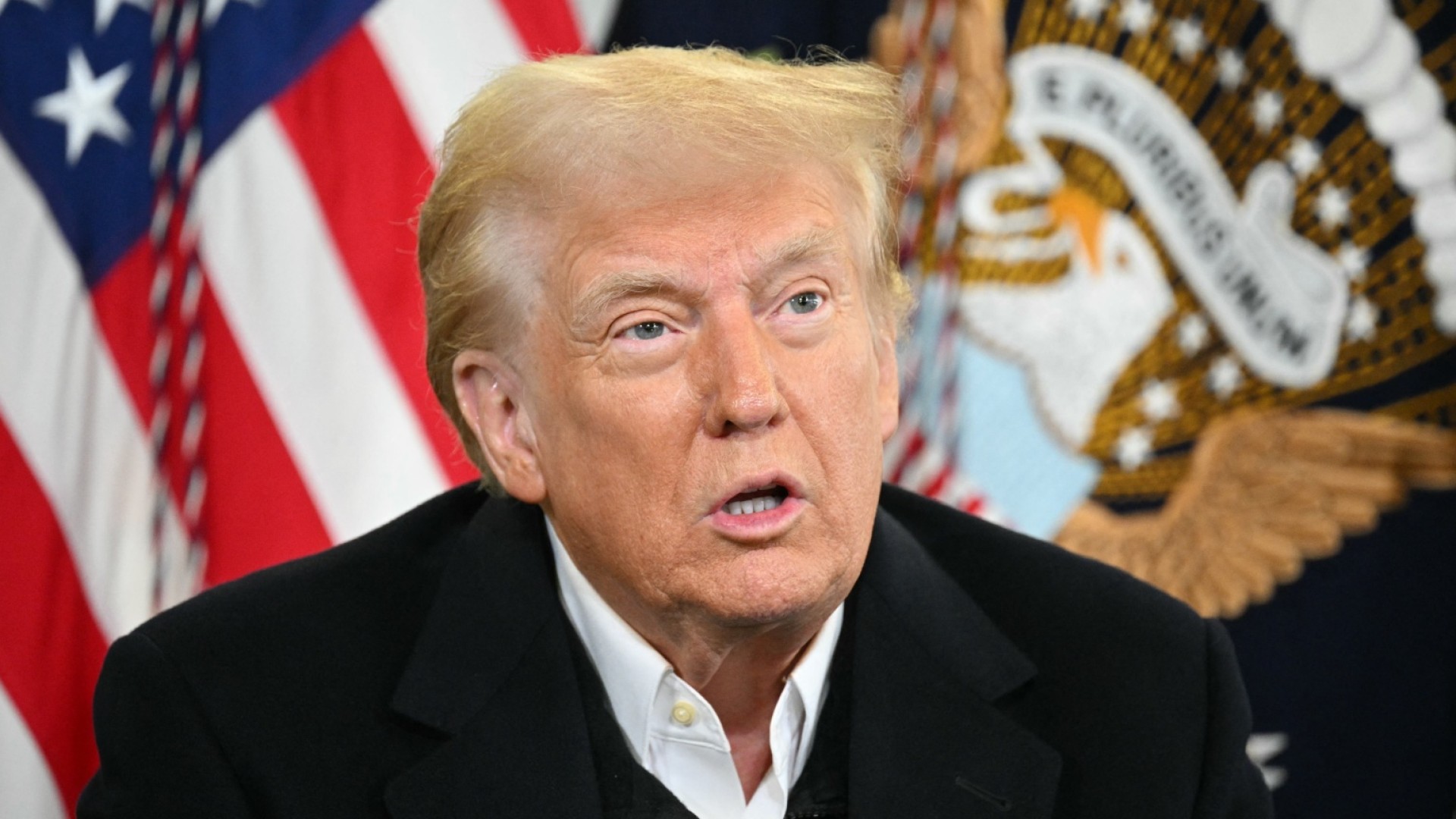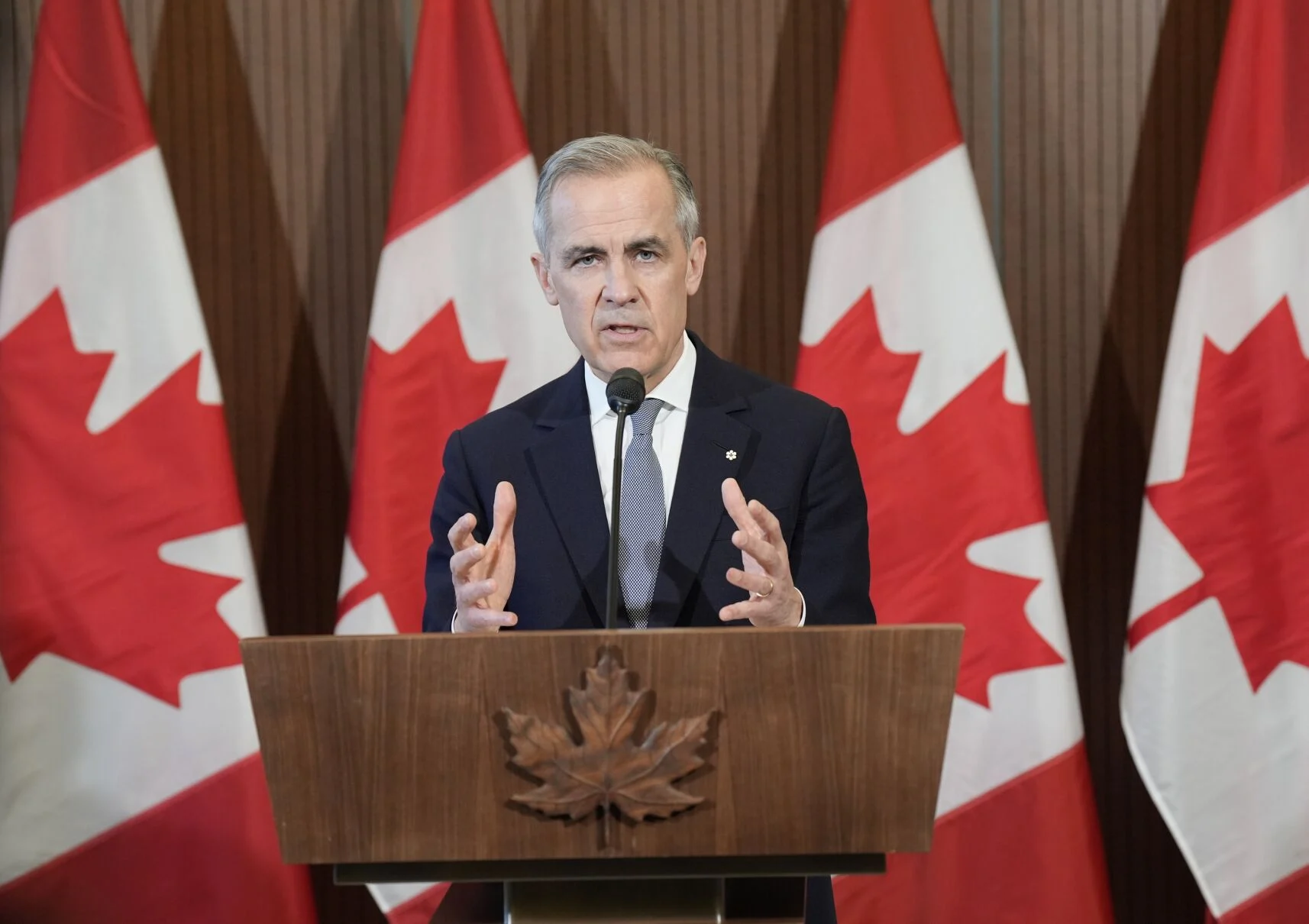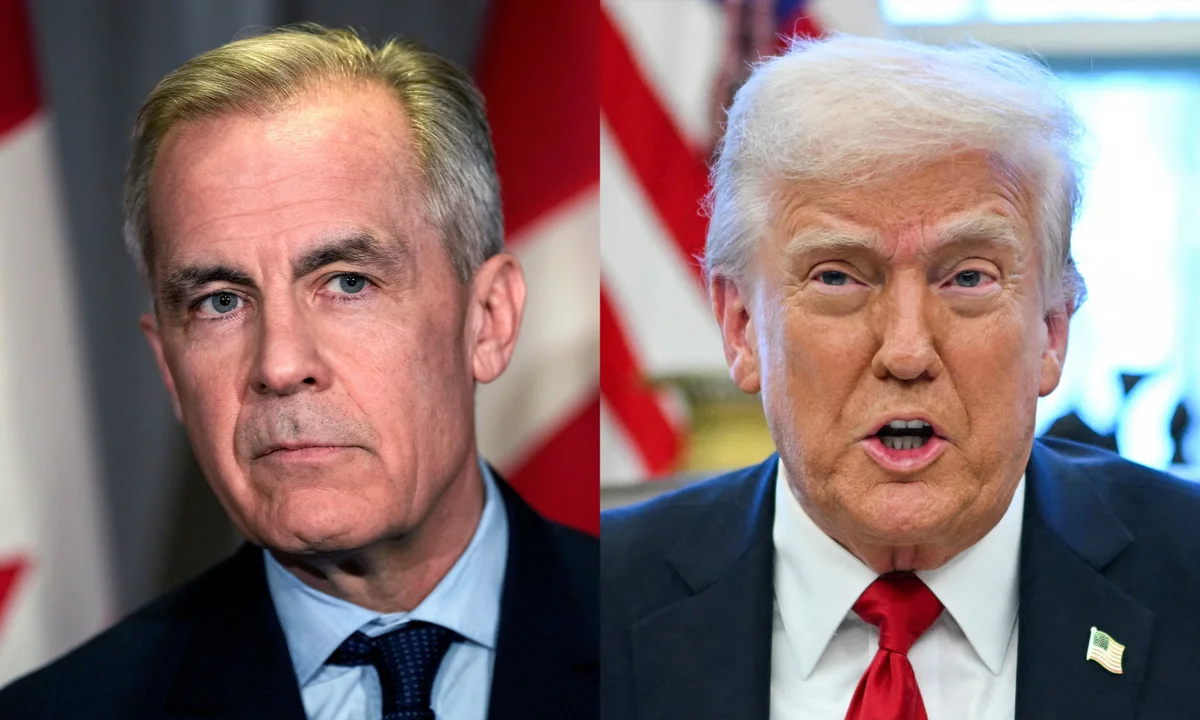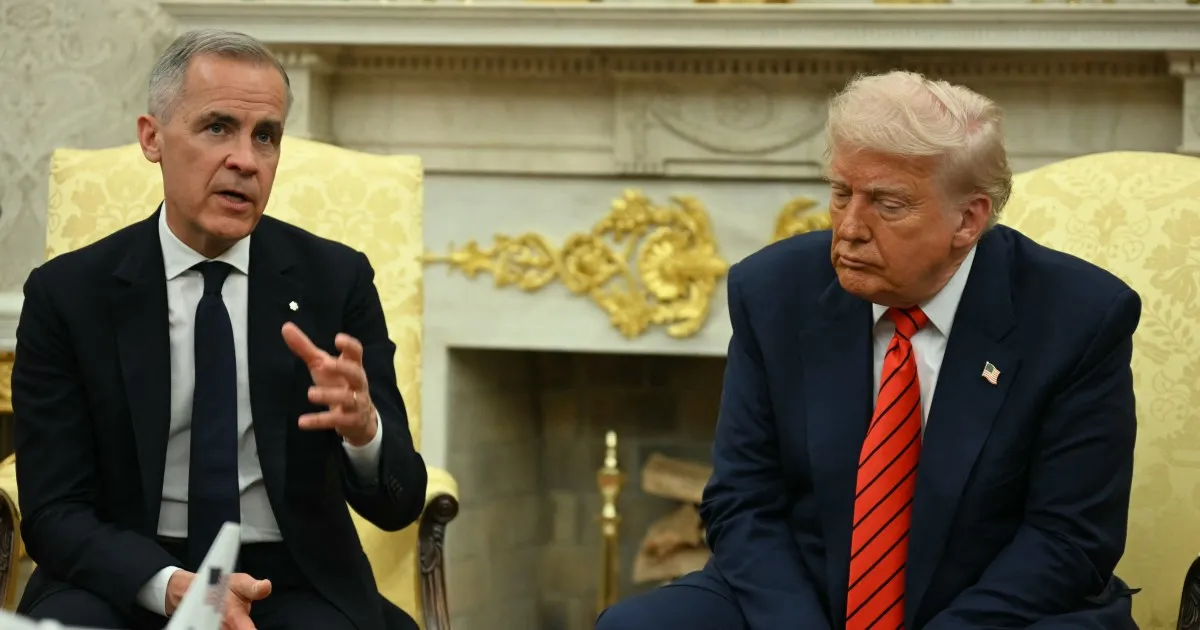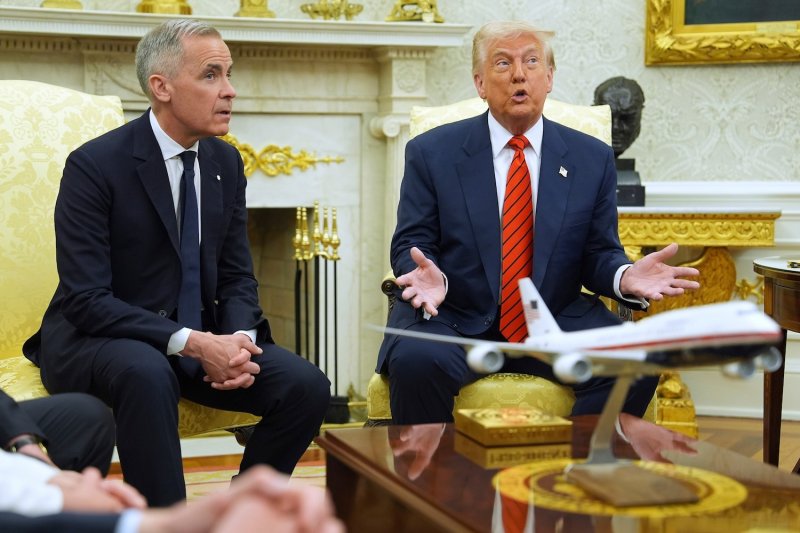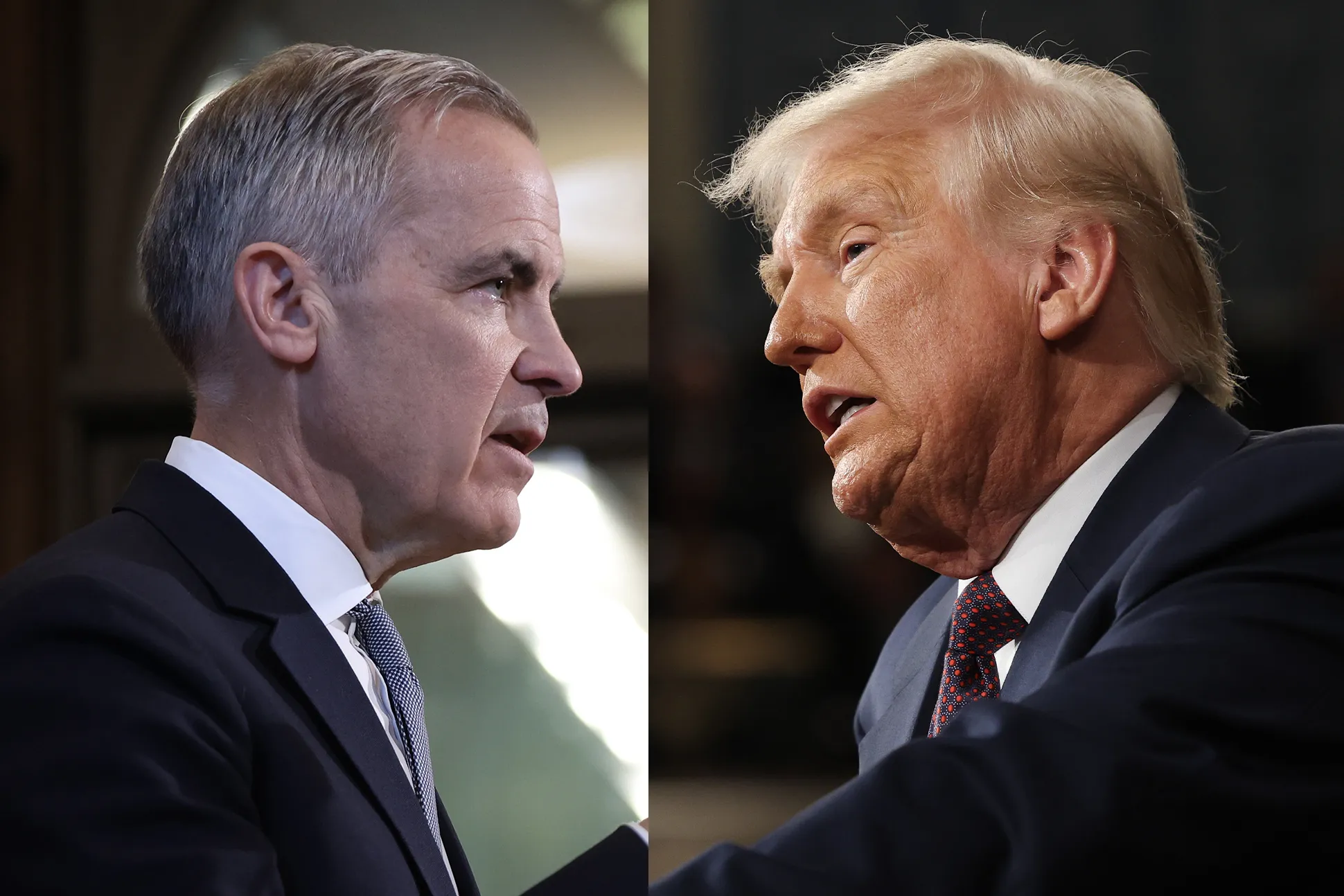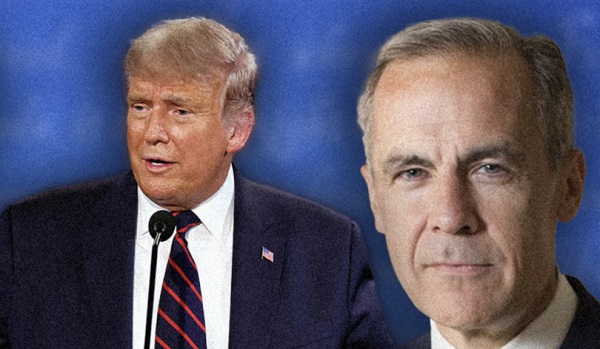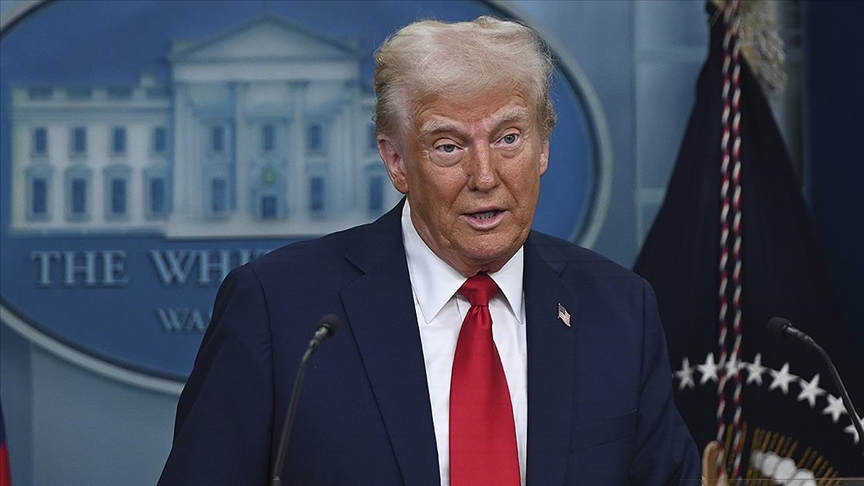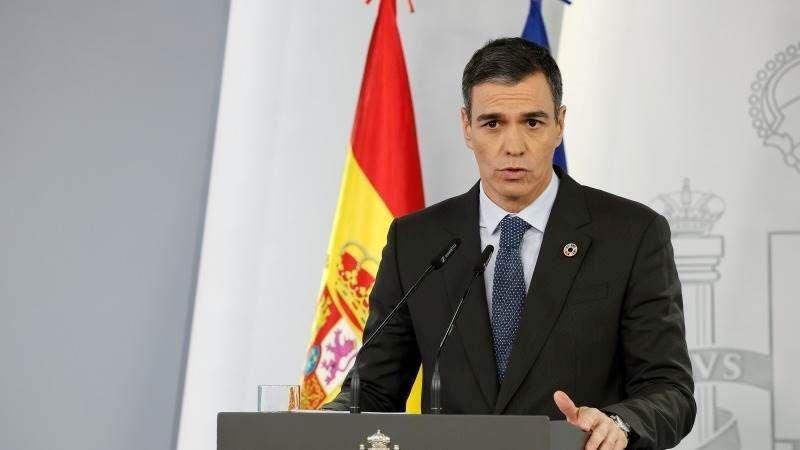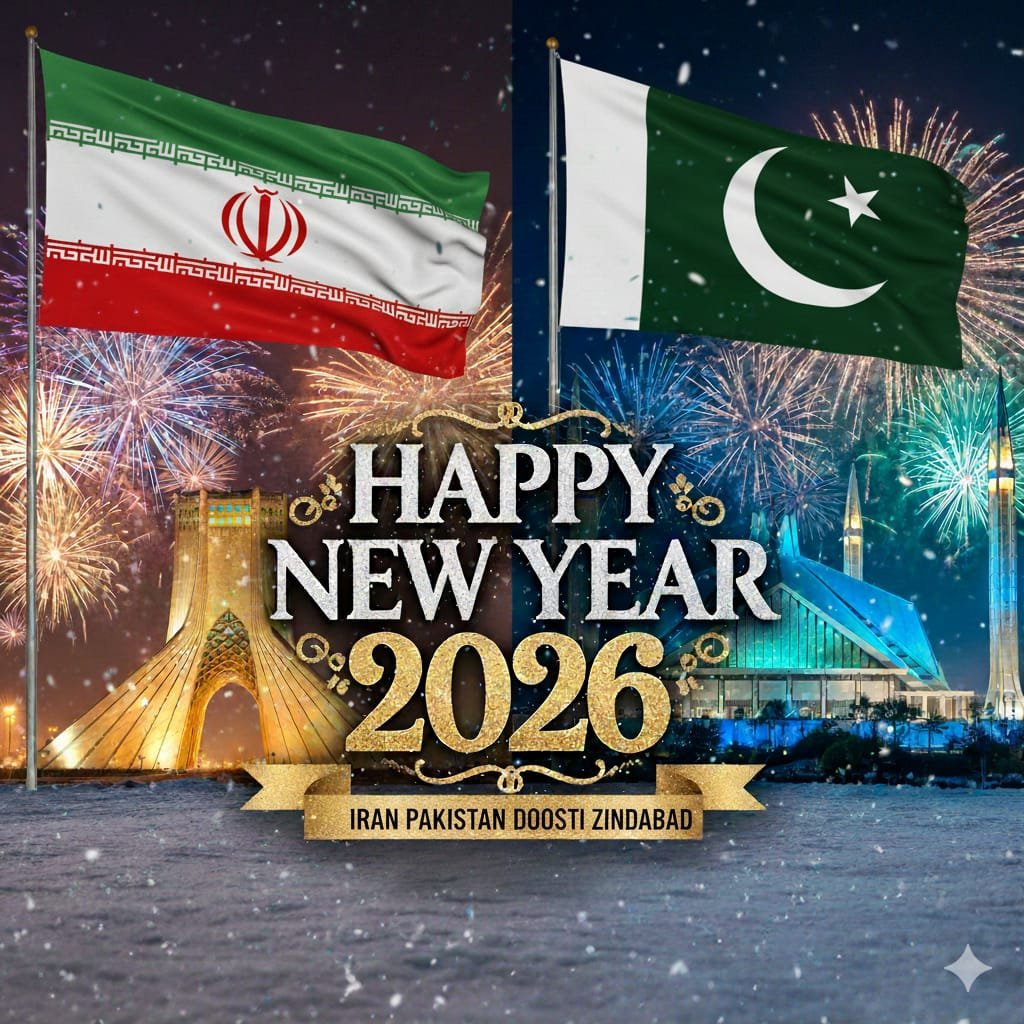Washington, August 1, 2025 – The Europe Today: U.S. President Donald Trump has signed an executive order raising tariffs on selected Canadian goods from 25 to 35 per cent, citing what he described as Canada’s failure to curb the influx of fentanyl and other illicit drugs across the northern border, as well as retaliatory trade measures taken by Ottawa in response to earlier U.S. actions.
The new tariff rate, which had been set at 25 per cent since March, will take effect on Friday. However, goods that qualify under the Canada-U.S.-Mexico Agreement (CUSMA) will remain exempt, meaning that the majority of Canadian exports to the United States will continue to cross the border without new duties.
In a separate order issued on Thursday, the White House imposed new blanket tariffs on dozens of countries worldwide, with rates ranging between 15 and 41 per cent. The move is part of what the Trump administration describes as a broader effort to “rebalance unfair trade practices and protect American industry.”
President Trump, who is running for re-election, told NBC News that he is open to further discussions with Canada and may speak with Canadian Prime Minister Mark Carney later Thursday night. However, earlier in the day, Trump confirmed he had not spoken with Carney and did not offer a specific timeline for any potential dialogue.
When asked by reporters whether Canada’s recent announcement to recognize a Palestinian state constituted a deal-breaker in ongoing trade negotiations, Trump responded, “I didn’t like what they said, but you know, that’s their opinion. Not a deal-breaker. But we haven’t spoken to Canada today. He’s called and we’ll see.”
Prime Minister Carney’s office declined to comment on whether any direct communication had occurred, stating to CBC News that it would not confirm details related to the ongoing negotiations. Meanwhile, Canada’s trade delegation remains in Washington, though Canadian officials have not disclosed who they are meeting with or the current status of discussions.
Trump also granted Mexico a 90-day extension of its existing tariff regime following a call with Mexican President Claudia Sheinbaum. The move comes despite earlier threats to increase tariffs on Mexican goods, underscoring the administration’s fluctuating trade posture toward key regional partners.
While the escalation in tariffs against Canada stops short of a full-scale trade confrontation, the developments signal increased strain between the two allies, particularly in light of ongoing geopolitical and policy divergences. Observers note that while CUSMA provides significant protections for Canadian exporters, the targeting of select sectors under unilateral U.S. executive authority continues to inject uncertainty into North American trade relations.

